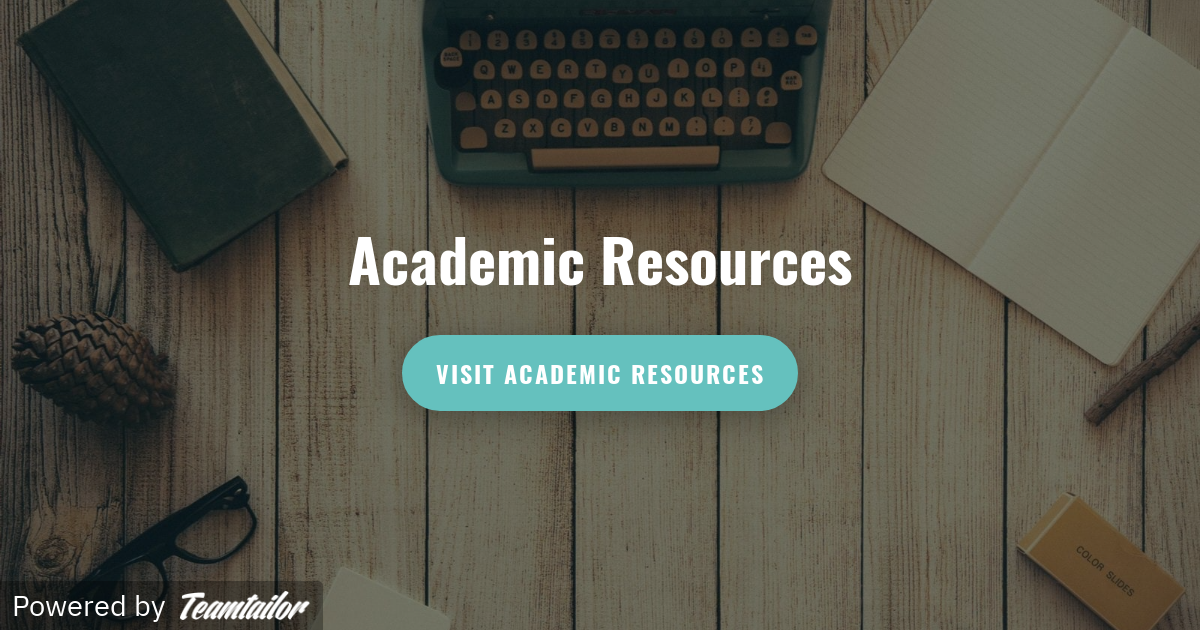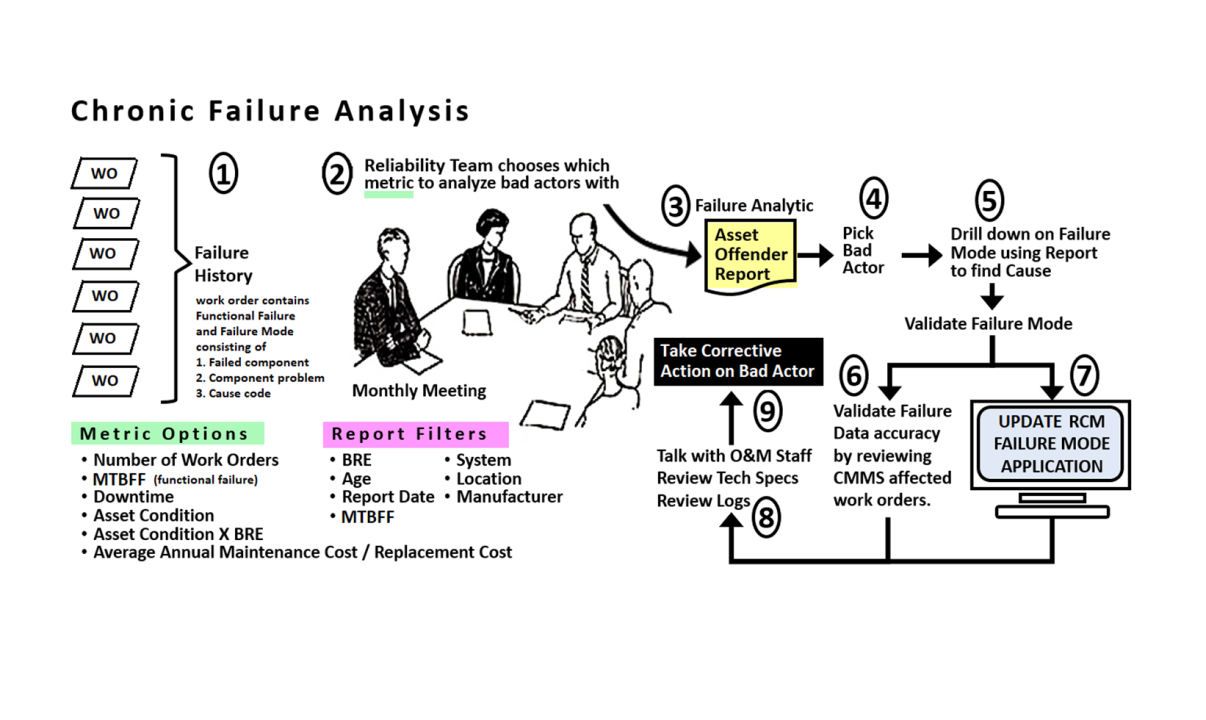Introduction
With the fast pace of modern life and constant access to information reachable by fingertips, A variety of academic resources are freely accessible to students, researchers, and educators. Available online and offline, periodic review materials come in different forms: books, journals, digital databases and even online courses.
Online Academic Resources
University Libraries:
Online search catalogs and information databases of books, articles, and other sources.
Provides electronic journal, e-books and research papers access.
Access to other libraries through interlibrary loan.
Online Databases:
Google Scholar toggle icon Search will take you to the Google site, and it’s probably the most powerful search engine for academic literature available.
JSTOR: Digital Library of Academic Journals, Books & Primary Sources.
PubMed: A database of the biomedical literature.
Web of Science: A multidisciplinary citation database.
Open Access Repositories:
Open-access platforms for scholarly articles and research papers
For example: arxiv.org, Pubmed Central, & ResearchGate.
Online Courses and MOOCs:
Massive Open Online Courses (MOOCs) provided by universities and other providers
You can find many courses on platforms such as Coursera, edX and Udemy.
Offline Academic Resources
University Libraries:
Physical Items: This is your physical collection of books, journals, and whatever else you may use.
Studying areas and rooms for studying with groups.
Librarians to provide research help and guidance.
Academic Journals:
Journals in print and digital that publish original research articles.
Ex: Nature, Science, Journal of the American Medical Association.
Textbooks:
Highly-used textbooks on specific topics.
Frequently referred to as primary sources for coursework.
Reference Books:
General information works (like encyclopedias, dictionaries and handbooks)
Experts Using the Academic Resources
Use good research Strategies: Practice using search engines, databases and library cataloguer.
Make Use of Reference Management Tools: You can use tools like Zotero, Mendeley and EndNote to organize your research.
Secure Peers: Swap Ideas and Resources And Form Study Groups



